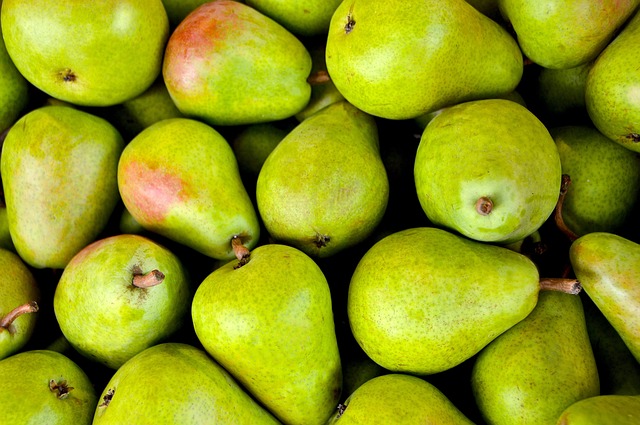Introduction
Fermented foods have been a part of human diets for thousands of years. They are made by the process of lacto-fermentation, where natural bacteria feed on the sugar and starch in food, creating lactic acid. Fermentation preserves food and also enhances its flavor. In recent years, fermented foods have become popular due to their numerous health benefits, especially in terms of supporting gut health. In this blog post, we will explore the probiotic benefits of fermented foods and some examples of them.
Probiotics and Gut Health
Probiotics are live microorganisms that provide health benefits when consumed in adequate amounts. They are often referred to as “good bacteria” and are essential for maintaining a healthy gut. The gut microbiome is a complex ecosystem of microorganisms that live in our digestive tract. A healthy gut microbiome is important for digestion, immune system function, and overall health.
Fermented Foods and Probiotics
Fermented foods contain live cultures of beneficial bacteria that can help to replenish the gut microbiome. Some examples of fermented foods that are rich in probiotics include:
- Kefir: A fermented milk drink that originated in the Caucasus region. Kefir contains up to 61 different strains of bacteria and yeast, making it one of the most diverse sources of probiotics.
- Kombucha: A fermented tea that is rich in antioxidants and probiotics. It is made by combining tea, sugar, and a SCOBY (symbiotic culture of bacteria and yeast).
- Sauerkraut: A fermented cabbage dish that is popular in Germany. Sauerkraut is high in fiber and contains probiotics that can promote digestive health.
- Kimchi: A spicy Korean side dish made from fermented cabbage and chili peppers. Kimchi is loaded with probiotics and other important nutrients like vitamins A and C.
- Miso: A traditional Japanese seasoning made from fermented soybeans. Miso is high in protein and contains probiotics that can help to improve gut health.
The Benefits of Probiotics
Consuming probiotics can provide numerous health benefits, including:
- Improved Digestion: Probiotics can help to break down and digest food, reducing the symptoms of digestive issues like bloating, gas, and constipation.
- Increased Immunity: A healthy gut microbiome is essential for a strong immune system. Probiotics can help to boost immunity and reduce the risk of infections.
- Reduced Inflammation: Probiotics have anti-inflammatory properties and can help to reduce inflammation in the body.
- Better Mental Health: There is a growing body of research that suggests that gut health is closely linked to mental health. Consuming probiotics can help to improve mood and reduce symptoms of depression and anxiety.
- Weight Management: Probiotics can help to reduce body weight and promote weight loss. They do this by improving metabolism and reducing inflammation.
Conclusion
Fermented foods are a delicious and healthy way to improve gut health and boost immunity. They are also a great source of probiotics, which provide numerous health benefits beyond just gut health. Incorporating fermented foods into your diet can be a simple and effective way to improve your overall health and wellbeing.







